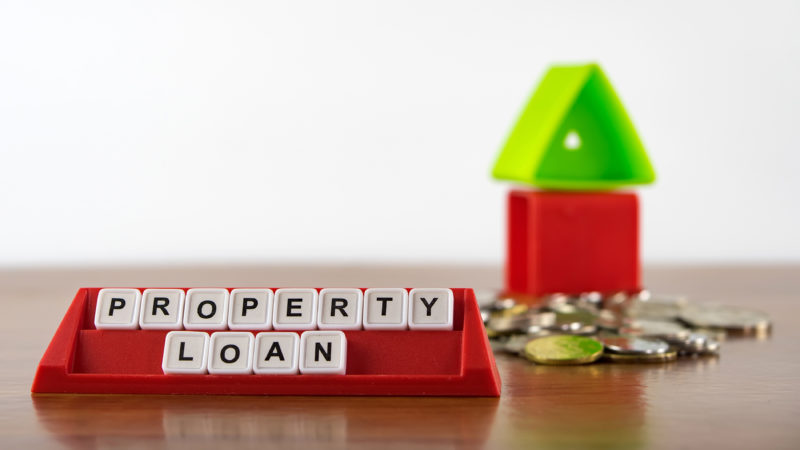The financial institutions (banks and NBFCs) providing property loans know how to determine the interest rate. As an applicant, you should be aware of it, too. Because even a small percentage point saving in interest will add up to a substantial amount over the tenure of the loan.
Knowledge of the property loan interest rate determinants will also make you confident in having fruitful discussions with the prospective lenders, & asking relevant questions to them.
The rates do move up and down regularly, but if you have an approximate idea as to how much the lender can charge you, then you can keep looking for options till you get such an offer. You will find below five main determinants of the property loan interest rates:
Base Rate & Cash Reserve Ratio (CRR)
The RBI has set this rate as the lowest rate at which financial institutions can lend. The base rate depends on factors like the financial stability of the lender, its economic policy, and other related financial parameters.
CRR denotes the minimum amount of cash that the financial institutions needs to maintain with RBI as reserves. If RBI raises this amount, financial institutions will have less cash to provide as loans, and they will increase the lending rate. If CRR falls, the reverse will happen.
Loan Amount
Financial institutions can charge a higher property loan interest rate if your property loan amount is too small or too large. The financial institutions include the loan maintenance costs in the interest that they charge, and this cost is proportionately high for smaller loan amounts. And for lenders, the risk aspect in a large loan is high, which they seek to mitigate via higher interest rates.
Credit Score
A credit score is a measure of your loan-worthiness. It shows how you have performed in repaying any existing loan/credit card dues. It’s a number in the range of 300 to 900. Most financial institutions would want their customers to have a score of 720-750.
They consider a credit score above 750 as very good, so an applicant with that kind of score can definitely bargain for a better interest rate.
Location Of The Property
If the intended property is in a location with ample civic amenities like public transport, markets, hospitals, schools, etc. then there will be a high level of demand for such properties & resale will also be easy. So, financial institutions will offer competitive property loan interest rates to customers. The same will be the case for newer properties.
But a property located in a somewhat remote location with lesser civic facilities, or an old property won’t find many takers, and resale will also be challenging. So, the lenders will charge high rates of interest.
Amount Of Down Payment
Financial institutions prefer customers who are ready to make down payments for the property loan that is higher than the minimum requisite amount. It denotes the financial stability of the customer and, consequently, lower risk for the lender. So, they will pass on this benefit to the customer in the form of a lower interest rate.
So, remember these points when you decide to take a property loan. You will have a better understanding of why the financial institution is charging you a particular rate, which is different from someone else. Once you know the interest rate, you can use a property loan calculator to determine the tentative EMI that you will have to pay – and you are good to go.













